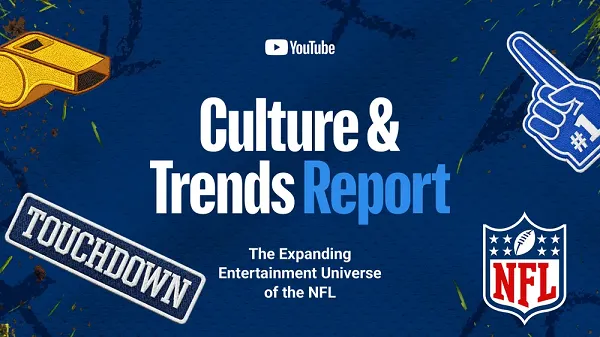Eating Enough Of This May Better Preserve Your Memory With Age
Plant or animal?

Advertisement
This ad is displayed using third party content and we do not control its accessibility features.
Advertisement
This ad is displayed using third party content and we do not control its accessibility features.

Registered Dietitian Nutritionist
Registered Dietitian Nutritionist
Molly Knudsen, M.S., RDN is a Registered Dietician Nutritionist with a bachelor’s degree in nutrition from Texas Christian University and a master’s in nutrition interventions, communication, and behavior change from Tufts University. She lives in Newport Beach, California, and enjoys connecting people to the food they eat and how it influences health and wellbeing.
Image by Luke Liable / Stocksy May 13, 2025 The brain is your body's control center, with each part overseeing different functions. The hypothalamus produces hormones that regulate your hunger, mood, heart rate, and body temperature. The frontal lobe is involved in decision-making. And the hippocampus helps hold short-term memories and file them away for long-term storage. The hippocampus is especially susceptible to shrinking with age (which is linked to cognitive decline and conditions like Alzheimer's disease), and certain lifestyle choices may either expedite or slow down that shrinkage. A study published in the journal Nutrients found that eating animal proteins,1 in particular, can help preserve the ever-important hippocampal volume (and, hopefully, your memory).
Studying protein intake and brain structure
Researchers designed this study to specifically look at dietary protein intake and changes in brain structure. So, they gathered data from a total of 5,402 people from the U.K. Biobank database.
Each participant completed a 24-hour dietary recall (meaning they recorded everything they ate over one day). From this log, researchers calculated the grams of protein (animal, plant, and total) consumed.
They also used MRI scans to look at brain structure including total brain volume, gray matter, white matter, and hippocampal volume. Scans were taken at the start of the study and again an average of three years later.
Researchers also accounted for other factors that could negatively impact brain structure (namely alcohol consumption2, smoking3, and carrying excess body fat4) so that their analysis on protein intake wouldn't be clouded.
Animal proteins were found to help protect the hippocampus
The analysis overwhelmingly showed that a higher intake of animal protein compared to plants was linked to a lower hippocampal shrinkage rate. And eating seafood was found to have the greatest positive effect.
And the study's authors cite a few reasons why this might be the case. Animal proteins are…
Seafood may be particularly beneficial for brain health because it meets all the above criteria while providing omega-3 fatty acids (like EPA and DHA).
Heaps of data show higher consumption of these fats support cognition and brain volume5. They have anti-inflammatory properties and also keep brain cells strong and healthy (supporting the brain's overall structure).
As the hippocampus is the primary brain region for long-term memory storage and retrieval (and a decrease in volume is associated with memory disorders like Alzheimer's disease), protecting your brain and hippocampal volume may be important for preserving your cognitive health.
How to support your brain health
Brains do naturally shrink with age6, and forgetfulness is more common. But what you eat and other lifestyle choices can slow this process down and help retain your memory:
The takeaway
The high-quality, complete nature of animal proteins makes these foods superior to plant proteins at supporting optimal brain health and structure.
Plant proteins aren't bad for brain health (they do provide other beneficial compounds like fiber and polyphenols).
This study just shows that it may not be enough to rely on their amino acid profile and bioavailability alone to achieve optimal brain health.
Advertisement
This ad is displayed using third party content and we do not control its accessibility features.

 Konoly
Konoly 
































